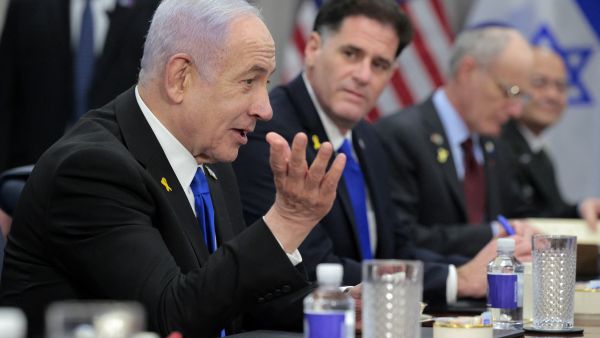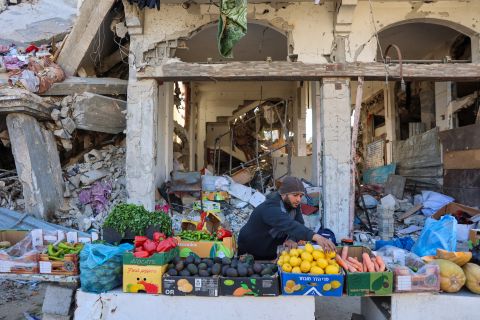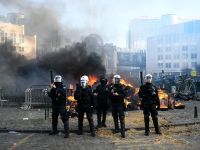ALBAWABA - In light of the mediators' reaction to the U.S. proposal on the execution of the ceasefire agreement in Gaza, Israeli Prime Minister Benjamin Netanyahu has directed his negotiating team to be ready for more talks.
The declaration followed Netanyahu's high-level consultative meeting with security officials, ministers, and negotiators to discuss the continuing hostage crisis.
In return for progress on the execution of the truce, the U.S. plan, put out by ambassador Steve Witkoff, begs for the immediate release of 11 Israeli prisoners and the delivery of half of the remaining remains.
But according to Reuters, Netanyahu's move indicates that Hamas' latest counteroffer, which called for the release of Israeli-American hostage Idan Alexander and the remains of four other prisoners, was rejected.
Netanyahu's administration is also thinking of conducting limited military operations in Gaza to put further pressure on Hamas to agree to Israel's demands, according to Israel's Channel 12.
Al Jazeera was informed by sources that the most recent mediation plan was presented to Israel and Hamas in Doha last Thursday. Four main aspects make up the proposal, which aims to achieve a long-term ceasefire deal.
According to the plan, in return for the release of Palestinian captives, Hamas would free five Israeli hostages, including Idan Alexander, on the first day. A 50-day period of indirect discussions to complete a full ceasefire and prisoner swap agreement would then follow.
The agreement also places a strong emphasis on maintaining humanitarian assistance supplies, stopping military activities, and adhering to the conditions established in the ceasefire's first phase.
Hamas said on Friday that it had sent in its formal answer and that it had taken a responsible and constructive approach to the plan. Since then, a Hamas team has visited Cairo to have more discussions with Egyptian authorities.
Additionally, Hamas has called for changes to the agreement, including as making sure it is included in the larger ceasefire agreement from January 17. Along with these demands, the organization demanded that Israel fulfill its obligations to restore border crossings, let humanitarian delivery, begin rebuilding, and withdraw from the Philadelphi Corridor (Salah al-Din Axis).










